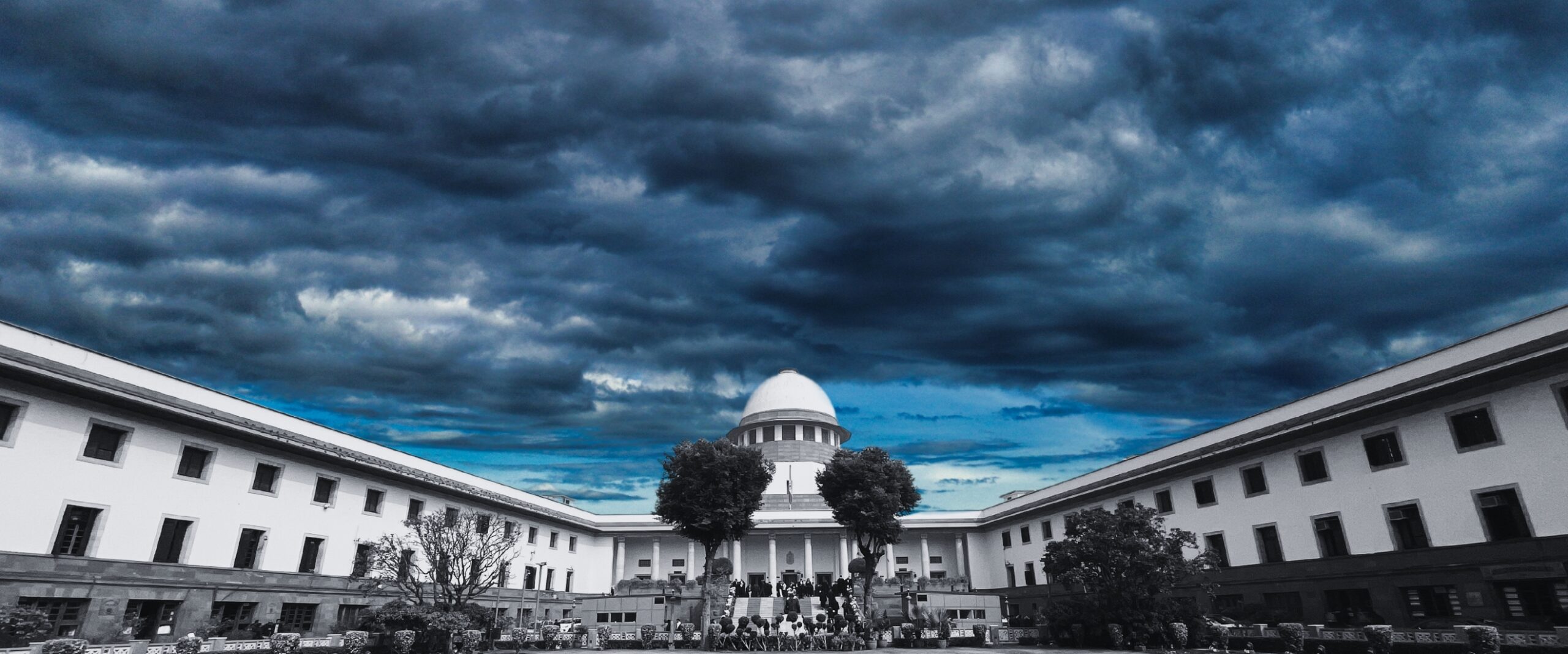Analysis
Baarish, Benches and Bail
The Court’s Monsoon Session saw reduced Constitution Bench activity, bail orders for opposition leaders and suo moto cases

As chai-and-Maggi season came to an end, so did the Supreme Court’s Monsoon Session. It’s not an official term, it’s what we at the Supreme Court Observer call the third quarter of the year, starting with the Court’s return from its summer vacation in July and ending with September.
The Spring and Summer Sessions had created an expectation of hectic Constitution Bench (CB, to use the newsroom shorthand) activity. The Spring Session saw 19 days of CB hearings and three judgements. In summer, there were CB hearings on 11 out of just 32 working days. But, in the Monsoon Session, there were only five days of hearing and two judgements in CB cases.
The judgements, however, have far-reaching implications on states’ decision-making powers. In the mineral royalty case, the Court held that state governments have the sole authority to collect royalties and taxes on mining and minerals. Three weeks later, the Court clarified that the judgement would apply from 1 April 2005, and gave companies some breathing time to pay. This retrospective application is estimated to cost mining companies ₹1.5 trillion.
In the other judgement, six of seven judges held that states could carve out sub-categories within Scheduled Caste and Scheduled Tribe groups recognised in the President’s List. The judgement introduced a way to tackle “backwardness within backwardness” and opened up a host of questions on how states could assess backwardness and provide reservation benefits. The judgement could potentially transform the way reservation is deployed as an election plank.
The Court reserved judgement in a five-judge bench case looking into whether holders of Light Motor Vehicle licences can ride or drive transport vehicles. Before brushing this off as bureaucratic mumbo-jumbo, consider this—how many gig workers (food delivery agents, cab drivers, e-commerce partners) have a specific licence to do so? That’s why the Court has been nudging the government to consider the livelihood issue while amending the Motor Vehicles Act, 1988.
Another five-judge bench is looking at whether people who are ineligible to be arbitrators can appoint someone else to be one. It is also considering the question of whether one party can unilaterally put together a list from which arbitrators must be selected. Given the volume of contracting, this is a route often preferred by Public Sector Undertakings. The Court’s decision, which was reserved after three days of hearing, will be eagerly awaited by private entities that do business with the government.
Bail of political leaders from the Opposition was a hot topic in the monsoon months. In July, Arvind Kejriwal got interim bail in his arrest by the ED. In mid-September, he was bailed in the CBI case. Both these cases are related to the Delhi liquor policy scam. His colleague Manish Sisodia received bail in the liquor scam case in August. In July, the Court upheld the bail granted by the Jharkhand High Court to Chief Minister Hemant Soren in a land scam case. His aide Prem Prakash received bail in August. In late September, the Supreme Court granted bail to V. Senthil Balaji of the DMK.
In all five cases, the Court engaged with the onerous bail conditions under the Prevention of Money Laundering Act, 2002. In the Kejriwal, Sisodia and Balaji matters, the Court called out long incarcerations without trial and stressed the importance of completing trial within a “reasonable time.”
We saw several instances of the Court using its suo moto jurisdiction. It took up the issue of doctor safety in the aftermath of the horrific R.G. Kar Hospital rape and murder case. It also took notice of sexist and divisive comments made by a Karnataka High Court judge.
It was an action-packed term despite the lack of the kind of CB activity we had gotten used to in the first half of the year. Our comprehensive Monsoon Session review rounds-up the other noteworthy happenings this quarter.
Meanwhile, we’re gearing up for a busy month. Monsoon may have petered out, but we’re expecting it to be raining CB judgements. Chief Justice D.Y. Chandrachud retires on 10 November and there are seven judgements pending from benches he led. Stay tuned!
This article was first featured in SCO’s Weekly newsletter. Sign up now!